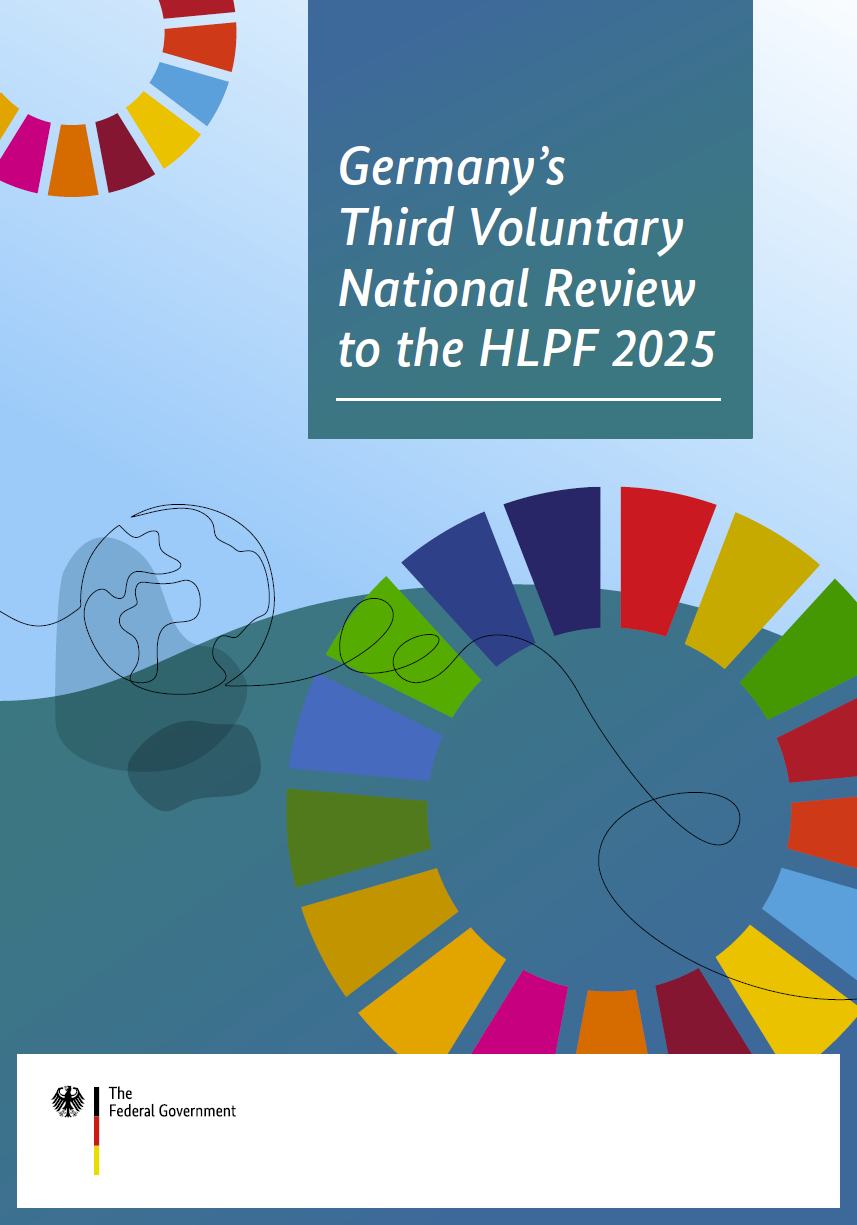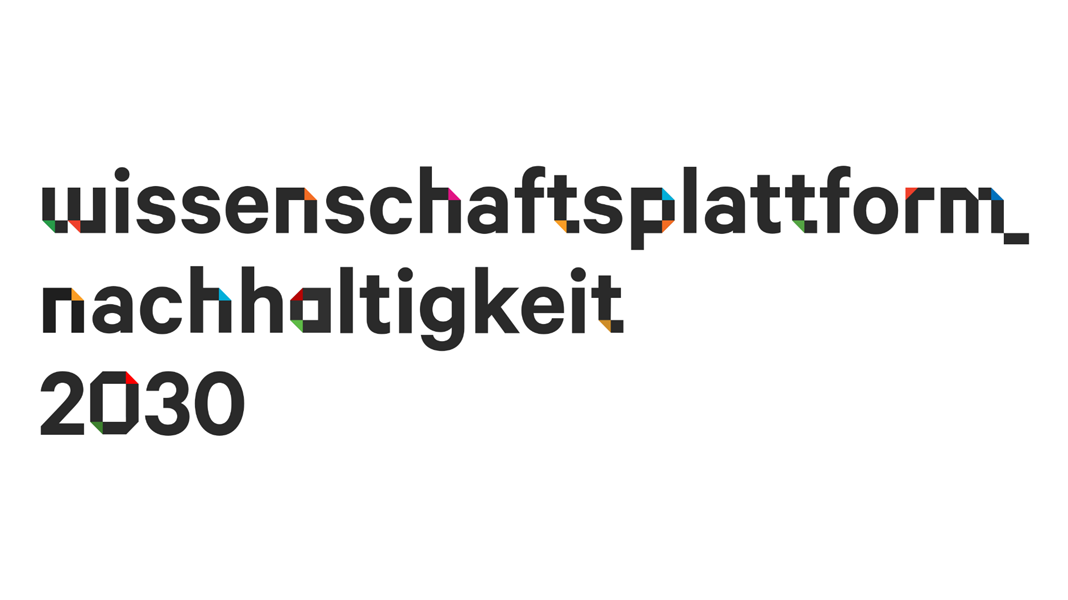VNR 2025 Contribution by Science Platform Sustainability 2030 (wpn2030)
Societal transformations towards sustainability are complex and require the involvement of society as a whole. In order to make such transformations effective, the co-production of knowledge and political options for action at the interface between academia, politics and society is key. In order to ensure effective implementation and further development of the German Sustainable Development Strategy (Deutsche Nachhaltigkeitsstrategie, DNS), there is a need, in particular, to continuously explore newly emerging topics and develop input rooted in science so as to (further) drive transformations. To this end, the Science Platform Sustainability 2030 (wpn2030) has developed, among other things, the “DNS-Lab” format. The DNS-Lab is a compact, agile and co-creative dialogue format which generates integrated knowledge at the science-policy-society interface for the German Sustainable Development Strategy in a transdisciplinary manner, across government ministries and based on exchange with academia. The wpn2030 Platform also makes the scientific methods of the format available to other stakeholders (wpn2030, 2024a (External link) (web page only available in German); Löpelt et al., 2024 (External link) (publication only available in German)).
A DNS-Lab brings together 10-30 stakeholders from academia, public policy and administration, civil society and business for a short period to share their perspectives on a specific issue and engage in joint reflection. The aim of this format is to develop ideas and input for policymaking, research and societal transformation (wpn2030, 2024a (web page only available in German); Löpelt et al., 2024 (publication only available in German)). The format, which is part of transformative research, is not only intended to provide a basis for societal transformations but also to influence such transformations (Di Giulio & Defila, 2020, p. 5f (External link). (publication only available in German)). It involves systematic interlinking of scientific analysis and practitioners' the needs, for example through targeted questions on the areas of transformation and levers of the Strategy and their systemic interrelationships. International peer learning also creates a global perspective and enables mutual learning. The DNS-Lab format is therefore considered a best practice example of an interactive format at the interface between academia, politics and society that contributes to the ambitious, transformative and systemic implementation of the 2030 Agenda and the whole-of-society approach in Germany.
Most recently, this became evident on 10 December 2024, when two parallel wpn2030 DNS-Labs took place at Technische Universität Berlin. Over 40 representatives from academia, public policy and administration, civil society and business came together to jointly develop implementation steps for sustainable communal catering and to explore the topic of capacity building for the sustainability transformation based on the Global Sustainable Development Report 2023 (wpn2030, 2024b (External link) (web page only available in German)). The latter example illustrates the potential of the format to stimulate transdisciplinary sustainability discourses in Germany through international scientific findings.

